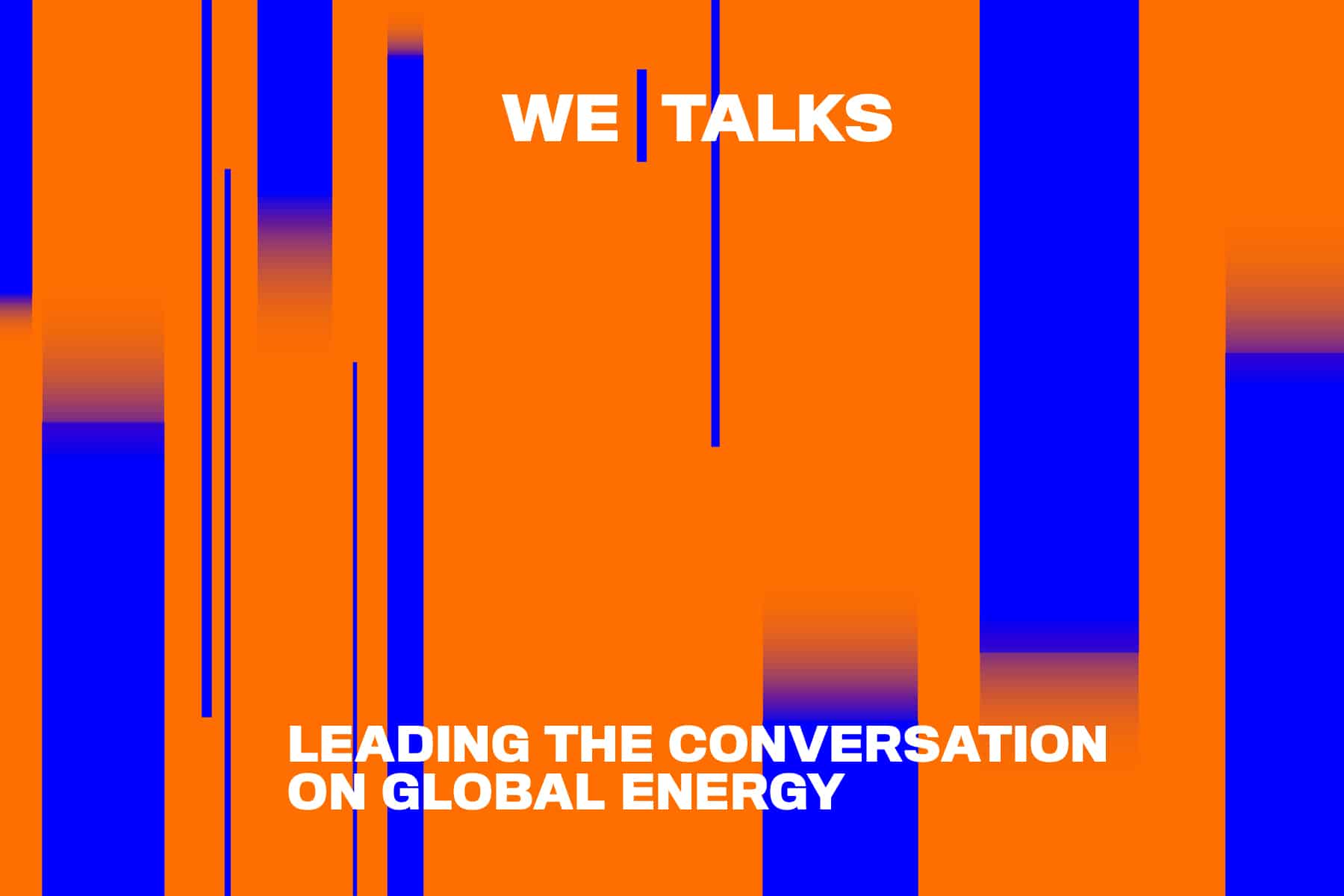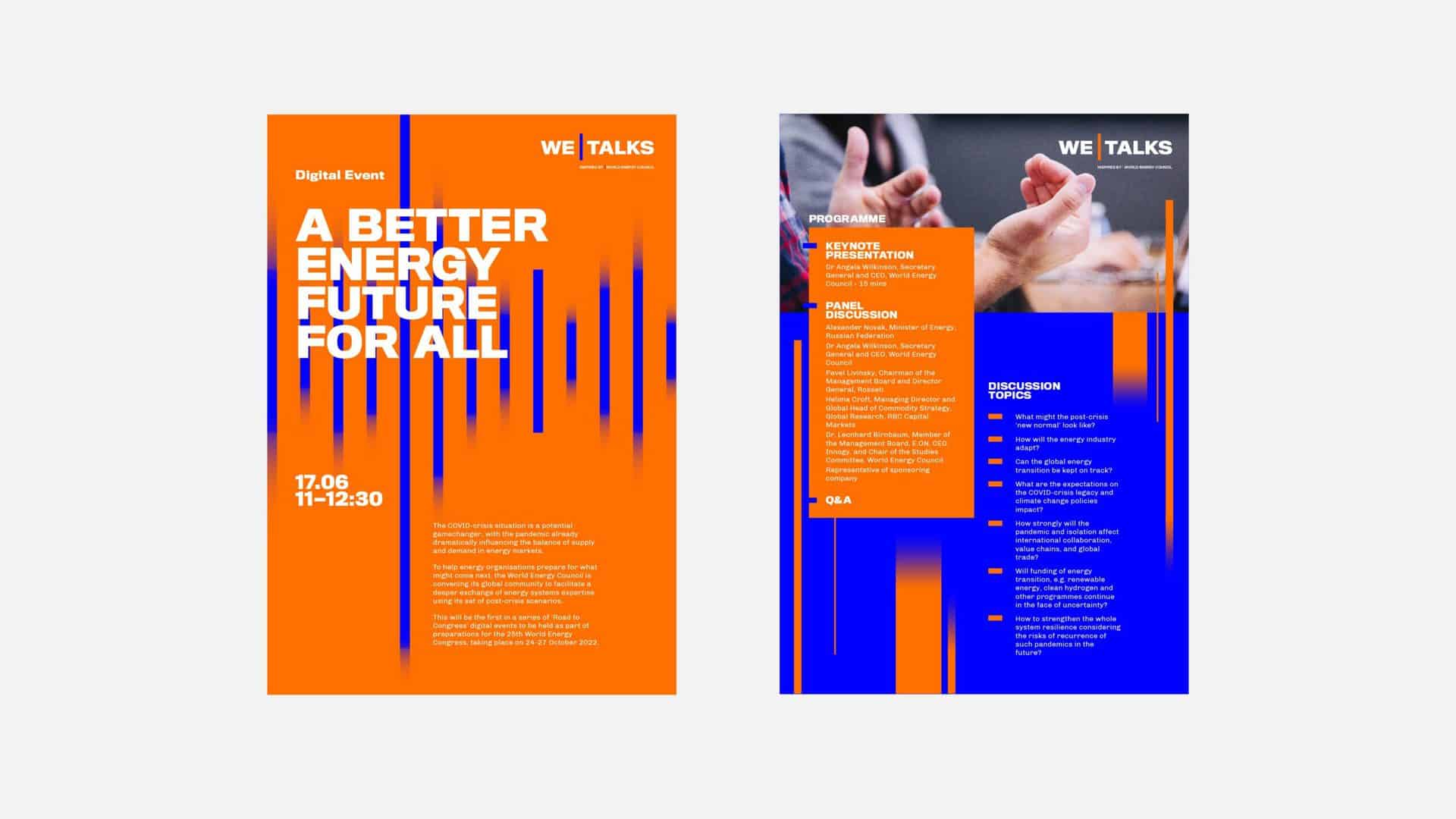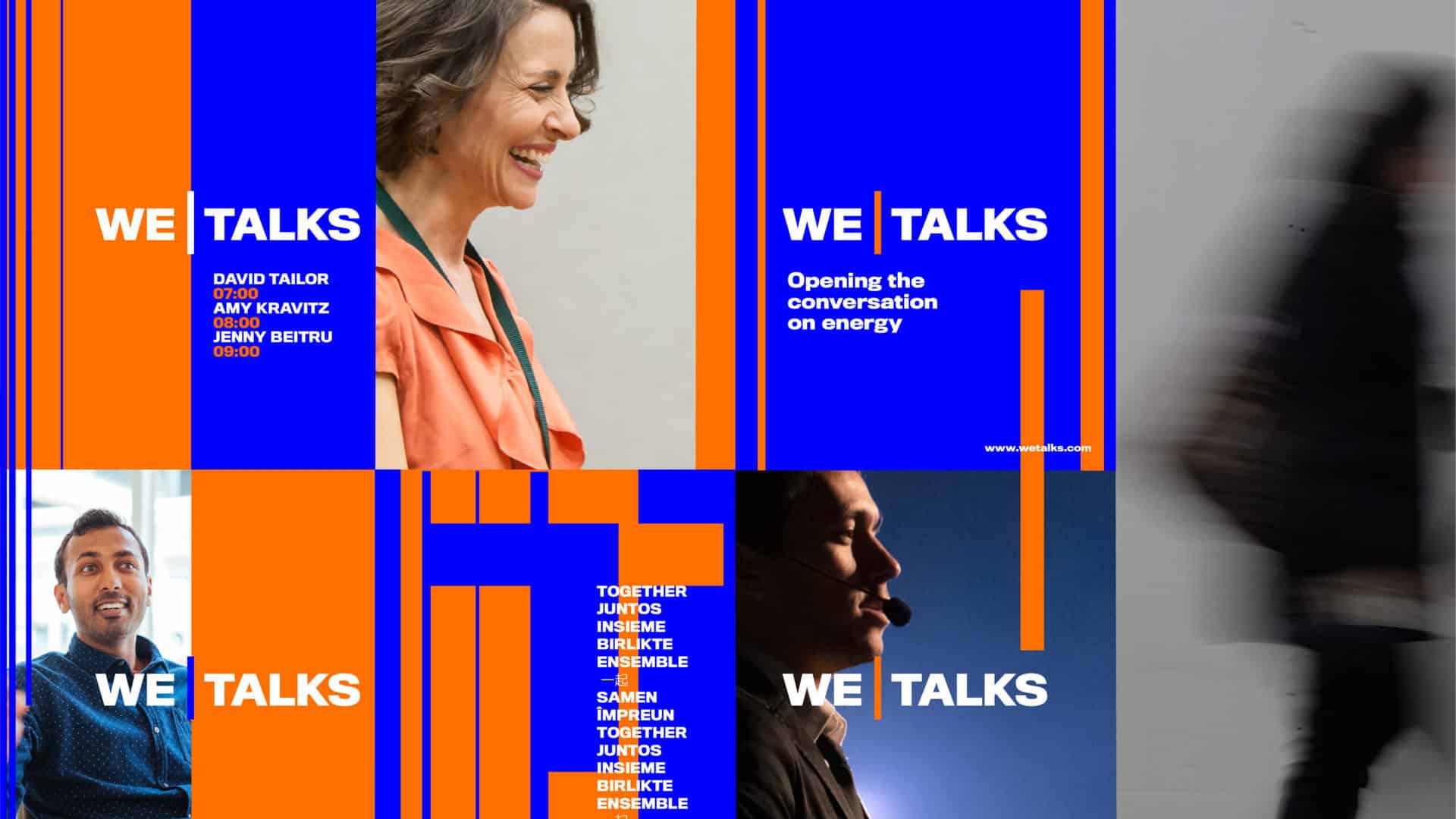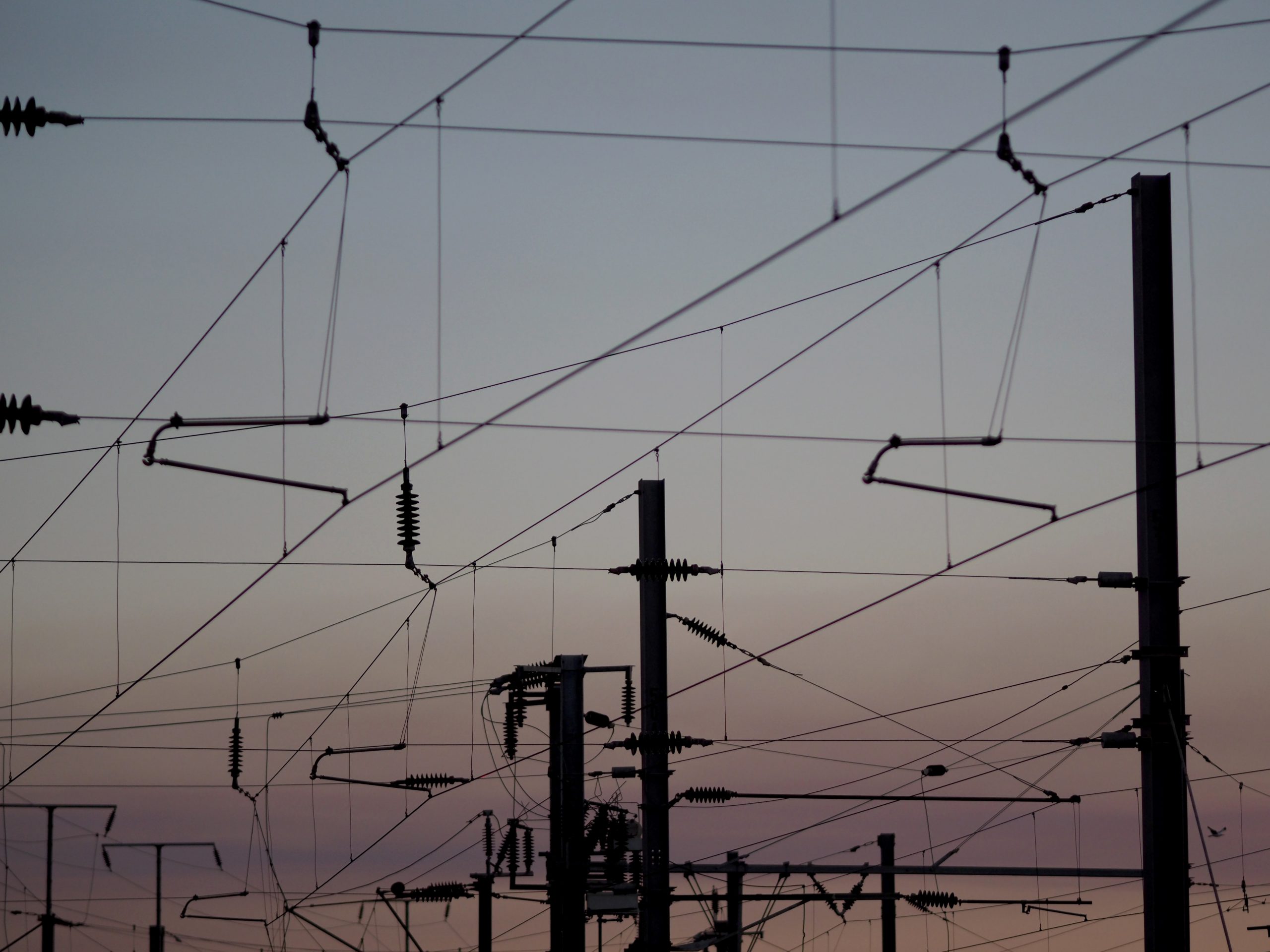In conversation with Dr Angela Wilkinson, Secretary General and CEO of the World Energy Council
5-minute read
Dr Angela Wilkinson, Secretary-General and CEO of the World Energy Council, discusses putting humanity at the heart of the energy debate, and why politicians’ slogans and jargon get in the way
In recent years, the energy transition debate has been dominated by polarising, combative rhetoric, as people with opposing points of view lock horns. The dialogue has become binary – ‘energy good’ (‘saints’) versus ‘energy bad’ (‘sinners’) – and sometimes it can feel as though gridlock is approaching. But Dr Angela Wilkinson, Secretary General and CEO of the World Energy Council, believes there’s a more productive, positive route.
We need to put humanity back at the heart of the conversation. Energy transition is not a single-issue discussion with one destination. Yes, we want carbon neutrality, but there are many different pathways to consider in order to accommodate the myriad energy uses and user needs. We talked to Dr Wilkinson about her strategy for reframing the dialogue, and the ways in which the Council is inviting more people to the table to re-energise the energy debate, taking it from ‘should do’ to ‘how to’.
What is energy transition?
It’s the story of humanity. Human development has always been linked to energy transition. From fire to fossil fuels to renewables, it’s about our evolution. But we’ve taken humans out of the equation. Energy uses and users don’t get discussed. It’s all about producers and investors. People have always been at the centre of energy, and we need to remind ourselves of that.
Nor should it be about a so-called Race to Zero – it has to be about more and better energy for everyone. Our worldwide usage of energy is set to double in 30 years. When we talk about ‘races’ and ‘going to war’ on climate change, it becomes a numbers game with serious unintended consequences. We need to shift the thinking, engage people in the process and talk about more and better energy. Yes, more energy.

Part of our work with the World Energy Council
But if we’re reaching planetary capacity, how will inviting more people to the table help us reach a solution faster? Won’t it just make everything more complicated, messy and laborious?
Many people think that if you involve more people, you’re going to slow things down. But, actually, if you engage people in a conversation about something that’s so important to their lives, maybe societies will move faster. It’s the polarising extremes that halt progress. Different countries have different starting points and different visions of where they want to go. It might make for a more complicated conversation, but it’s necessary. An ‘it’s our way or the highway’ approach isn’t productive.
Is part of the problem that politicians and CEOs have such a short time to make themselves appear proactive and dynamic, and that encourages unrealistic promises and fighting talk?
100% renewable energy by 2050 isn’t realistic. The ‘Wealthy West’ is sometimes seen wagging its finger at the more than three billion people in the world who don’t have access to reliable energy resources, including for clean cooking and work. And we haven't even started the debate about energy for quality jobs. Politicians want to persuade us that everything’s easy and quick and cheap and achievable, so there’s a big perception problem.
We used to be excited about energy, the possibilities it created and its benefits to society. I fully understand why Extinction Rebellion and other groups are concerned that humanity continues to thrive for centuries to come. But making energy the enemy isn’t the answer. We can’t allow short-term political gain, naive technological optimism or cold-blooded finance to be the key drivers. Let’s plug people back in.

Part of our work with the World Energy Council
Has Covid-19 had an impact?
People had a glimpse of what a cleaner, greener world could look like. It pulled back the curtain and proved that individual action can have a global impact. And that’s hugely inspiring and powerful. We saw city skylines that had been hidden in a cloud of smog for decades. Waterways were cleaner. But it also amplified the unevenness that exists around the world. Let’s not forget that well-developed countries use significantly more energy than others. We have to find sustainable solutions for all societies.
There’s a drive to come back from this better and stronger than when we went in. But there are still important questions to be addressed. For example, there are government initiatives to encourage renewables, but who benefits? The people who can afford solar panels and to feed energy back into the system, or the people with electric meters who pay more despite having less?

Part of our work with the World Energy Council
Can you tell us a bit about your relationship with STORMBRANDS and your experience of the branding process?
STORMBRANDS got what we were trying to achieve instantly. We wanted to create another touchpoint for the Council to engage with society and invite new and refreshing voices to talk. The Council isn’t ‘one voice’. We’re a collective of people from all corners of the world that seeks to navigate a path to a better future. We don’t want humanity to be at war with itself. War on Carbon, Race to Zero – who really wins?
STORMBRANDS knew it was about humanity and didn’t get lost in tech, money or eco issues. The result makes the Council feel more energetic and exciting. The feedback has been amazing – it was clearly much needed! And it has been quite humbling, too. We knew there was a need for WE Talks, just not how great that need was.
Are you optimistic about the future?
Absolutely. We used to be cathedral builders – communities coming together to construct towering spires under which they celebrated life. We used to be excited about where energy could take us. I want to bring that back. Energy transition is about humanity, yet the debate is monopolised by scientists and ministers who often speak in impenetrable jargon.
How can we re-energise the energy debate, making it positive and engaging? Think about when electricity gave us light and steam power the means to travel. We have the potential to change the world for the better from a peace, prosperity and humanitarian point of view. Let’s stop making energy the enemy.
Sign up to our mail list to receive more insights straight into your inbox, or follow us on Instagram or LinkedIn.






